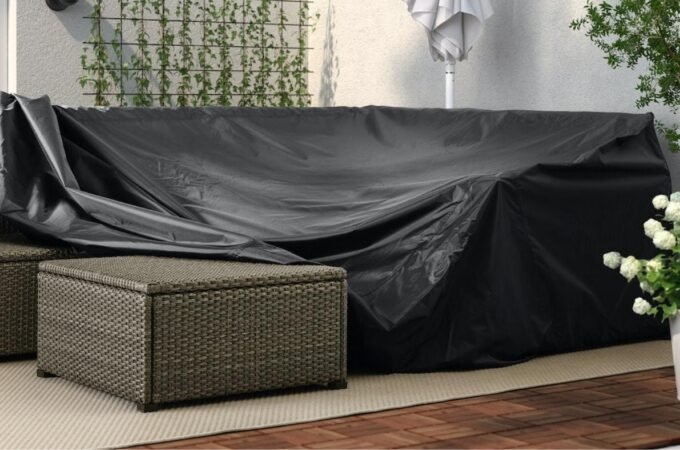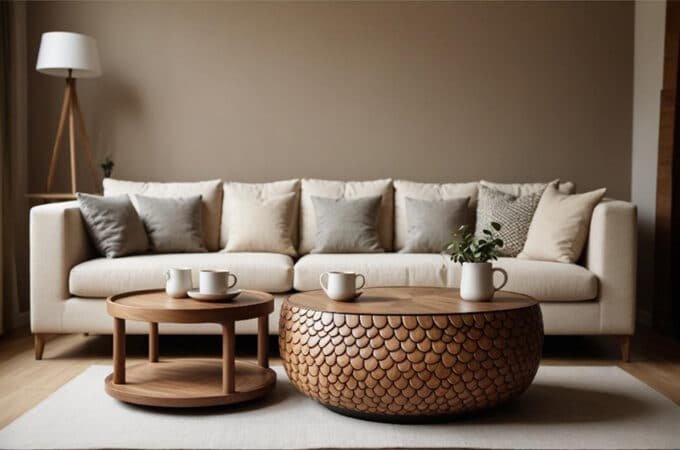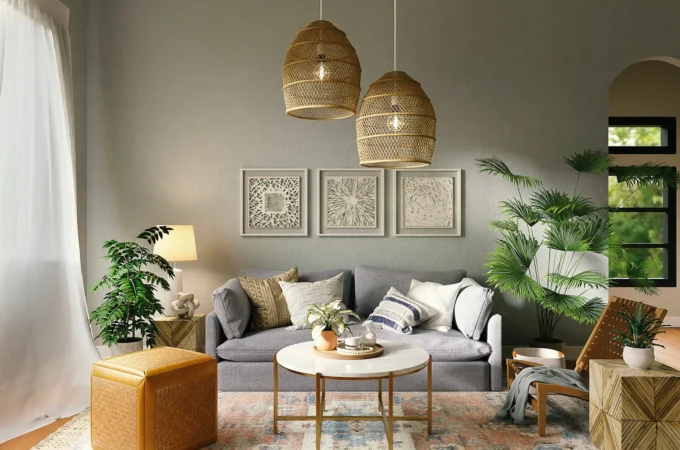
Choosing the Right Window Frame Material
When selecting window frames, the material you choose significantly impacts the aesthetics, functionality, and longevity of your windows. Each material has distinct characteristics that make it suitable for specific applications. Whether you like your windows contemporary or traditional, there will be a range of materials and designs, and it’s essential to make the right choice. So, here’s a guide to different window frame materials and what they’re best suited to.
Table of Contents
ToggleAluminum Window Frames
Best For: Modern Designs and Commercial Buildings
Advantages:
– Durability: Aluminum frames are exceptionally strong and can withstand harsh weather conditions without warping or cracking.
– Low Maintenance: They are resistant to rust and corrosion, requiring minimal upkeep.
– Aesthetic Appeal: Their sleek, modern look is ideal for contemporary designs. They offer a wide range of finishes and colors.
– Lightweight: They’re easier to handle and install, reducing transportation and labor costs.
– Environmental Sustainability: Aluminum is highly recyclable, making it an eco-friendly option.
Considerations:
– Thermal Conductivity: Without a thermal break, aluminum can be less energy-efficient. Opt for thermally broken frames to improve insulation.
Vinyl (uPVC) Window Frames
Best For: Residential Buildings
Advantages:
– Cost-Effective: uPVC is generally more affordable than other materials.
– Energy Efficiency: Excellent insulation properties help reduce heating and cooling costs.
– Low Maintenance: Vinyl frames don’t need painting or sealing. They are resistant to moisture, UV rays, and insects.
– Durability: They do not warp, peel, or corrode over time.
Considerations:
– Aesthetic Limitations: While available in various colors, vinyl cannot be painted or easily customized.
– Strength: Not as strong as aluminum or wood, making them less suitable for very large windows. They can also need more repairs and maintenance as they age.
Wood Window Frames
Best For: Traditional and Historic Homes
Advantages:
– Aesthetic Appeal: Wood offers a classic, timeless look that can be customized with various finishes and stains.
– Insulation: Natural insulator, providing excellent thermal performance.
– Versatility: Can be painted or stained to match any décor.
Considerations:
– Maintenance: Requires regular painting or staining to prevent rot, warping, and insect damage.
– Cost: Generally more expensive due to the material and maintenance needs.

Fiberglass Window Frames
Best For: High-Performance and Modern Homes
Advantages:
– Strength and Durability: Stronger than vinyl and resistant to warping and swelling.
– Energy Efficiency: Excellent thermal performance due to low thermal conductivity.
– Low Maintenance: Resistant to moisture and temperature changes, with minimal upkeep required.
– Versatility: Can mimic the look of wood or have a smooth, modern finish.
Considerations:
– Upfront Cost: More expensive than vinyl, but often worth the investment for their longevity and performance.
Composite Window Frames
Best For: Eco-Friendly and Custom Homes
Advantages:
– Durability: Made from a mix of materials, composites combine the best features of each, such as the strength of aluminum and the insulation of wood.
– Low Maintenance: Resistant to rot and insects, and they don’t need frequent painting.
– Energy Efficiency: Provide good insulation, reducing energy costs.
– Sustainability: Often made from recycled materials, making them an eco-friendly choice.
Considerations:
– Cost: Typically more expensive than vinyl but can offer better performance and longevity.
Verdict
Choosing the right window frame material depends on various factors, including your budget, aesthetic preferences, and the specific requirements of your building. Aluminum is ideal for modern and commercial settings, vinyl suits residential buildings with budget constraints, wood offers timeless beauty for traditional homes, fiberglass provides high performance for modern homes, and composite frames offer a sustainable option with versatile applications. By understanding the benefits and considerations of each material, you can make an informed decision that enhances both the functionality and appearance of your windows.
Lynn Place is Vice President of Marketing for SolvChem Custom Packaging Division. She has 30 years of professional experience in the manufacturing industry and specializes in consumer packaged goods, new product development and strategic planning.






